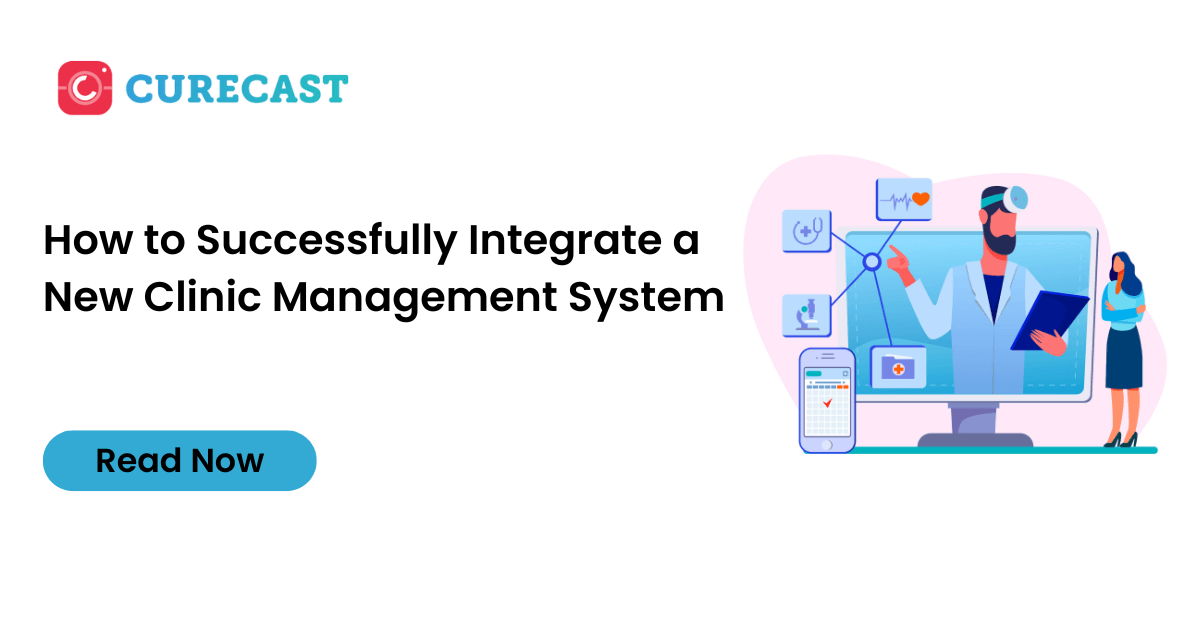As a healthcare professional, you could have a lot on your plate. Between patient rounds, administrative paperwork, and coordinating care for their patients, it can be difficult to research and choose the best clinic management system for your needs. Hence, we’ve put together a list of five tips to help you narrow down your options and find the system that fits your budget and care model.
Top 5 Tips to Choose Clinic Management System That Fits Your Needs And Budget
1. Requirements
Who knows your clinic better than you? You will know the scheduling challenges if you have an overwhelming number of patients daily. You will also be aware of what issues you face while storing data and how difficult it is to find them. Knowing your challenges and issues will help you understand what each feature is for and whether you will need it.
2. Budget
Before deciding on a budget, you may need to know the top features a Clinic Management System offers and which of those you cannot compromise on. There are many EMR and Clinic Management Software in the market with a varied range of pricing.
You can also test out the apps with free trial periods and get an idea of what features you would get for the price you will be paying. Knowing all this will make your budgeting easier – as you will know what features you can do without and therefore don’t necessarily have to spend more than necessary.
3. Comparison
Once you’ve defined your needs and settled on a budget, it’s time to compare different CMS systems. Make a note of the features and functionality of each system to see how well it meets your needs. Sometimes, the decision may also come down to ease of use. It can also be helpful to read online reviews from other clinic owners who have used the system before making your final decision.
4. Support and training
CMS and EMR software might not be the newest technology in the market, but not everyone is tech-savvy, and not everyone will be able to grasp its operation within a short time. Your staff needs to learn how to operate it as much as you. For example, while you will be responsible for creating prescriptions, your staff will be responsible for scheduling and appointment reminders.
In such cases, asking for support and training from your service providers helps you move forward without wasting time figuring out how to operate it.
5. Don’t rush
CMS software will be an investment that will help you boost productivity and accuracy. Take your time using the trial versions of the software, and find out how it aligns with your requirements. Don’t force yourself to make do with software because you don’t have time. You can wait and take time to figure out various software.
Conclusion:
There’s no one-size-fits-all solution when choosing a CMS—it all depends on the specific needs of your clinic. But keeping these tips in mind during the selection process will help you find a system that’s just right for you without breaking the bank.





Leave A Comment